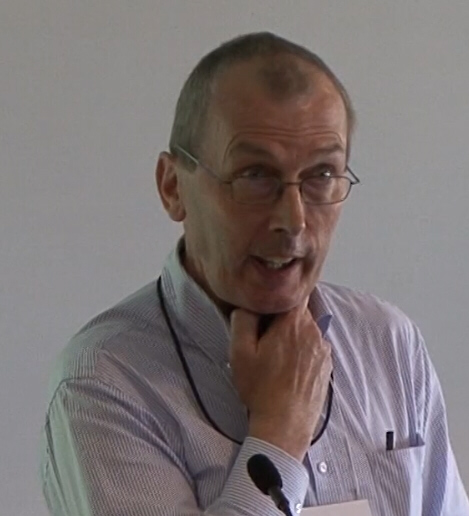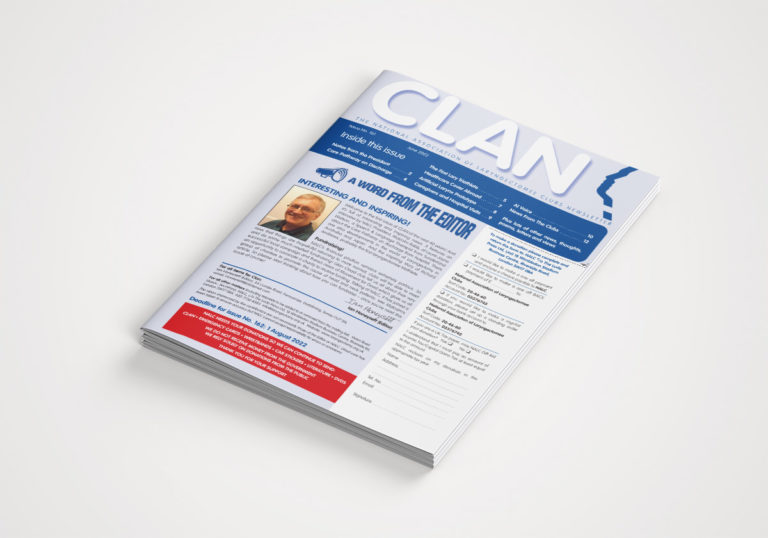Looking back on my cancer journey, there were several times events took a course I had been determined to avoid.
I was working as a secondary school teacher and noticed some problems with my voice. Eventually, after an examination at my local hospital, I was diagnosed with cancer of the larynx. My awareness of laryngectomees was confined to seeing a few individuals struggling to communicate with an electrolarynx in a supermarket or around town. I could not imagine living like that!
The cancer was stage 2 so I was happy to agree to 6 weeks of radiotherapy which went well. However after 6 months or so it was clear things were not right, the cancer was back. I had 3 choices: a total laryngectomy, a partial laryngectomy or to wait for the fat lady to start singing. Despite my earlier reservations about a laryngectomy, after a few days reflection, I opted for the total removal of my voice box. I believed it gave me the best chance of getting rid of the cancer and 20 years later it looks like one of my better decisions.
At this time I had been using the internet for several years so found lots of information, especially from the Webwhispers site in the USA. It raised my awareness of surgical voice restoration and I was very keen to use a voice prosthesis. My consultant, Mr V R Talati, was a star! He agreed to carry out his first primary puncture, meaning I should be able to speak soon after the operation. A few weeks later it was clear there were a couple of complications. Changing the valve was difficult and I could not manage it myself. Also, when using valve speech, the pressure produced broke the seal on the baseplate, which needed to be replaced.
In my time away from work I developed some new skills and even earned some money in computer database development. After around 10 months I had to make a decision, either to follow a new path or go back to teaching. My valve speech was not good enough for teaching, you can’t leave a group of 15 year olds on their own whilst going out to change a baseplate. The electrolarynx saved the situation. I could speak with a high volume and it only failed when the battery expired, a problem resolvable in 30 seconds.
So now I am exactly where I did not want to be 20 years previously, a laryngectomee using an electrolarynx to speak. I did not realise then that the outcomes of head and neck cancer treatment could be so diverse. That the electrolarynx is my best method of speech is not down to me, rather it is a result of extent of the surgery carried out and what tissue remains.
When out and about, using an electrolarynx attracts attention, especially from children who are puzzled by what they have seen and heard. Occasionally I take the trouble to explain my situation. When I went back into the classroom, I can count on the fingers of one hand the times when there was a negative reaction to my speech. It is so sad when I hear of patients with no other viable method of speech who will not use an electrolarynx because of the reaction they anticipate they will receive.
Malcolm Babb

